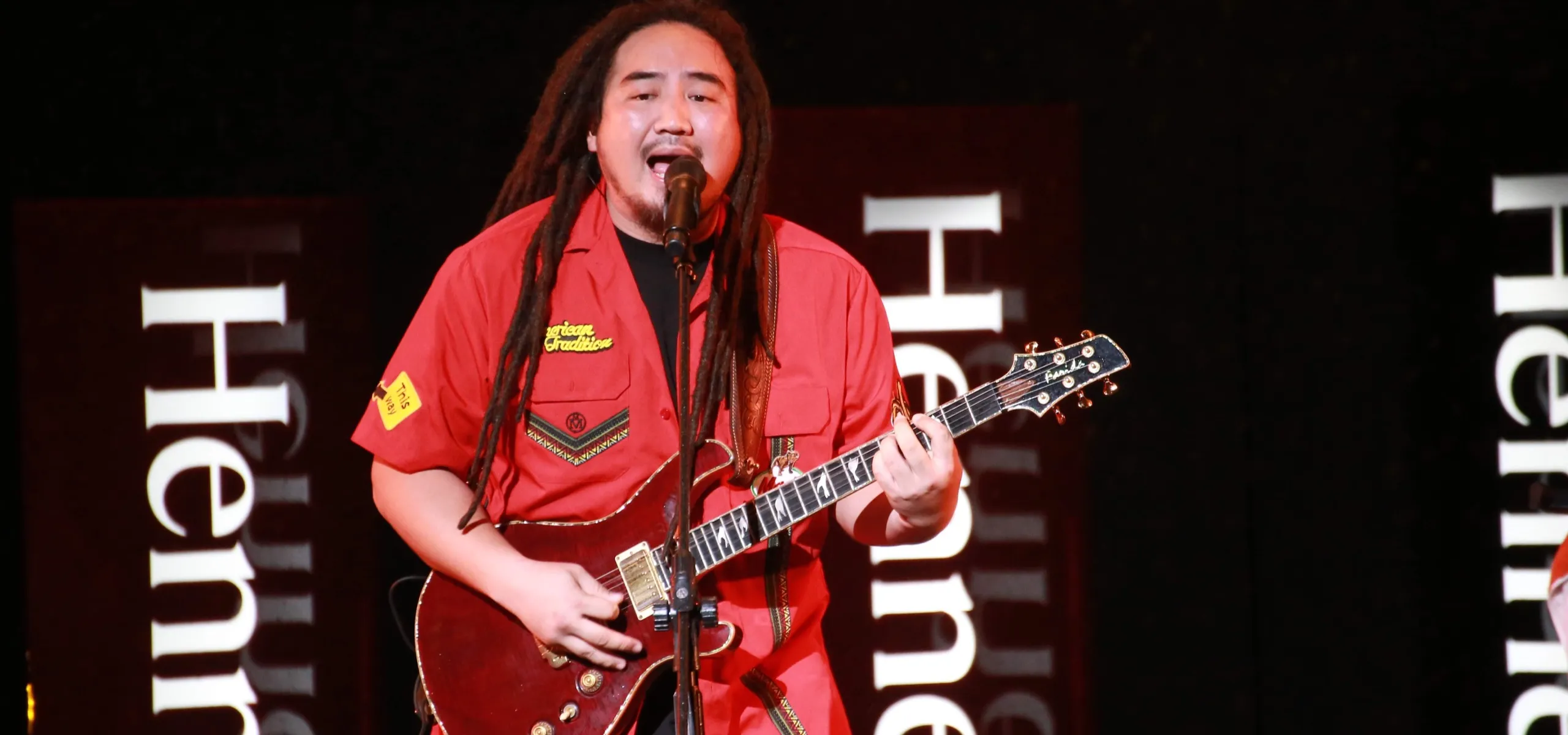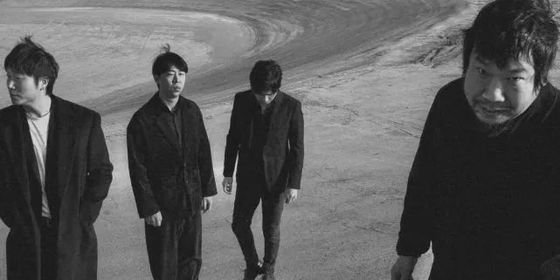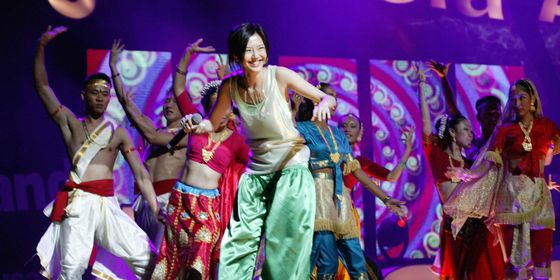Musicians of various ethnic backgrounds find resonance in reggae—and in its cultural relevance
Critically acclaimed Taiwanese reggae artist Matzka has declared on various occasions that his affinity with reggae was born entirely by chance. The Paiwanese indigenous artist who hails from the southern region of Taidong burst onto the scene in 2009 after winning the Taiwan Music Competition and Songwriting Contest for his tune “Mado Vado.” With a sound unlike anything else that existed in the Mandopop scene at the time, Matzka was lauded by critics and wider audiences alike for his hearty vocals, laid-back swagger, and Rastafarian spirit.
He hasn’t looked back since. Multiple awards and nominations later, the playfully gruff singer shows no sign of slowing down, releasing two albums this year; the first titled The Playbacks (《事情是这样的》) and the second Cinevuan.
Yet it may come as a surprise that this reggae rock star was initially unaware his early music belonged to a genre called reggae. For Matzka, this strange affinity felt like destiny. He had never listened to any reggae bands, not even Bob Marley. “The first time I wrote, I used my mother tongue,” Matzka tells TWOC. “Only after I wrote it [Mado Vado] everyone told me that it was more toward the reggae genre, and that was the first time I learned about reggae music.” Indeed, Matzka’s rough-round-the-edges, straight-talking humor and warmth fits perfectly with the groovy, chill vibes of reggae music. He embraced the genre, incorporating themes of everything from his heritage to his love life and even his gaming addiction.
For some regions and ethnicities in China, reggae strikes a chord, either through environment or circumstance. Despite being niche, its strong base of fans and creatives testifies to the country’s rapidly diversifying tastes in music, while its influence can be detected in some of China’s biggest acts of the last three decades.













